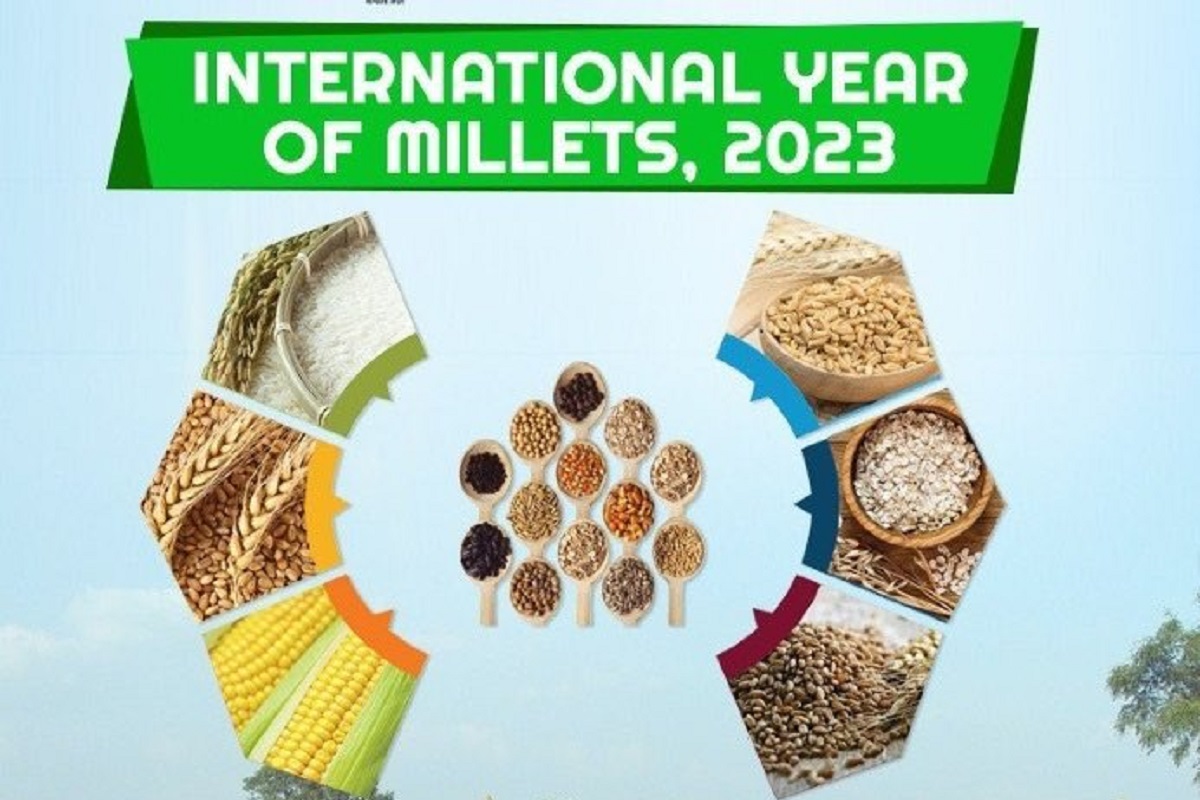India was in the forefront at the closing ceremony of the International Year of Millets (IYM) 2023 at the Food and Agriculture Organization (FAO) headquarters in Rome.
The high-level hybrid event that allowed participants to join both in-person and virtually and was attended by from various parts of the world, including Maninder Kaur Dwivedi, Additional Secretary, Department of Agriculture and Farmers, on Friday.
Advertisement
She underscored the significance of India’s thriving Millet ecosystem comprising various Start-Ups, Industries, FPOs, in increasing promotion and adoption of millets.
FAO Director-General QU Dongyu, in his opening remarks at the official closing ceremony, commended the international community for their commitment to advancing millet-related initiatives and emphasized the crucial role of millets in achieving food security and nutrition for all.
Minister and Permanent Representative of Nigeria to FAO Yaya Adisa Olaitan Olaniran shed light on the significance of millets and outlined strategies for integrating millet cultivation into sustainable agricultural practices in the African nation.
Further in the ceremony, attendees were treated to a captivating video showcasing the diverse range of activities and events organised under the International Year of Millets 2023 across different regions, fostering the global reach and impact of the initiative.
The ceremony came to a close with the concluding remarks of Deputy Director-General FAO Ms. Beth Bechdol expressing gratitude to all participants for their unwavering commitment and dedication to the success of the International Year of Millets 2023 and highlighting the importance of sustaining momentum in promoting millets beyond the designated year.
Following a proposal by India, backed by more than 70 countries, the United Nations General Assembly, at its 75th session in March 2021, declared 2023 as the International Year of Millets. The year-long celebration successfully raised awareness about the nutritional and health benefits of millet consumption, the suitability of millets for cultivation under adverse and changing climatic conditions, and the benefits of creating sustainable market opportunities for producers and consumers.
The closing ceremony served as a forum to take stock of the accomplishments of, and lessons learned from IYM 2023 and identify priorities for future investments, particularly to address identified constraints and strengthen millet’s value chains.











